What Makes Zucchini So Healthy, And Why You Should Eat More
Table of Contents
Reasons why you should eat more zucchini.
In late summer, there are zucchini from your garden or local cultivation. The Mediterranean vegetable has become so popular that every household consumes an average of one kilogram a year. You can combine it excellently with other vegetables such as eggplant, tomato, and peppers.
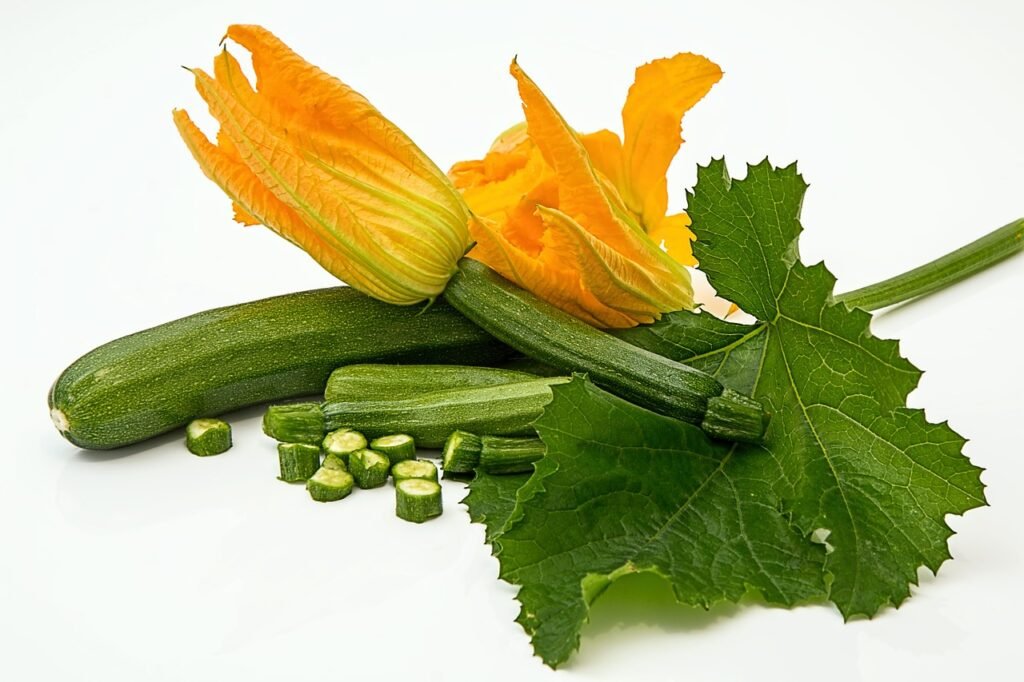
Zucchini tastes excellent raw in salads, boiled, fried, and grilled. The fruits are also ideal for light cuisine, as their high water content means they hardly contain any fat and just 20 calories per 100 g. But they are rich in potassium, calcium, phosphorus, iron, vitamins A and C. The yellow flowers are a special delicacy, which is suitable for deep-frying and filling.
The zucchini initially comes from Central America. The name comes from the Italian word for pumpkin,» Zucca. « Because the zucchini belongs to the cucurbit family and, from a botanical point of view, is a berry. It doesn’t have to be green and cucumber-shaped. The vegetable comes in many variations – black, yellow, light green, cylindrical, and some have white spots. It can get as huge as a pumpkin. However, as the size increases, the aroma is lost. Therefore, harvest them half-ripe 10 to 40 cm long when the skin is still tender and soft.
The zucchini plant is also very suitable for your cultivation in the garden or even on the balcony. It grows and thrives very quickly in a sunny spot.
The zucchini will keep for up to two weeks in the refrigerator. The vegetables do not need to be peeled or pitted before preparation. Wash under running water and remove the stem and flower base. Right now, it is growing like crazy.

Zucchini is healthy
Interesting and worth knowing about zucchini and what makes the vegetables so healthy.
In terms of the ingredients, it is healthy and simply a delicious vegetable with a wide range of preparation options. As in most vegetables, zucchini also contains carotenoids, numerous vitamins (A, B1, B2, B6, C), minerals, and trace elements. These include, above all, potassium, phosphorus, iron, selenium, manganese, and zinc.
Valuable vitamin B6
Vitamin B6 in zucchini is involved in critical metabolic processes in our body. For example, it serves as adequate support for lipid metabolism and our immune system. Since high temperatures and direct sunlight can impair the effectiveness of vitamin B6, it is crucial not to store zucchini in the blazing sun.
The vitamin B1 it contains is particularly interesting, making it real brain food.
Another critical building block for health is vitamin K, a fat-soluble vitamin that can help to block bone loss during menopause, among other things. Apart from green leafy vegetables and numerous legumes, zucchini is an essential supplier of vitamin K and helps the intestines to stay healthy. The vegetable squash also contains fat, carbohydrates, and proteins. Consuming zucchini dishes as part of a conscious diet can help meet daily vitamins and minerals in a completely natural way.
In addition, after eating the zucchini, our intestinal activity is stimulated and prevents constipation. In addition to its hydrating effect, it is also suitable for people with high blood pressure and strengthening our immune system.
Zucchini and beta carotene
Beta-carotene has essential antioxidant properties that are needed to protect the body from cardiovascular disease and inflammation. Beta-carotene is also known as a precursor to vitamin A. Vitamin A is an eye vitamin, which is especially important for our eyesight and helps us recognize colors and light. Beta-carotene is also able to have a positive effect on our brain function.
Due to the shallow carbohydrate content, the blood sugar remains very stable and ensures a long-lasting feeling of satiety. If you are still looking for your beach body, you can enjoy the delicious vegetables. With just 17 calories per 100g, the zucchini is a natural lightweight. It is probably not possible to eat so much of them that it makes us fat. So you can eat them without hesitation.
If Zucchinis taste bitter, you shouldn’t eat them.
Like all cucurbits, they can contain the poisonous bitter substances cucurbitacins, which lead to vomiting or diarrhea. Incidentally, the cucurbitacins are not rendered harmless by cooking and heat, so better to dispose of them.
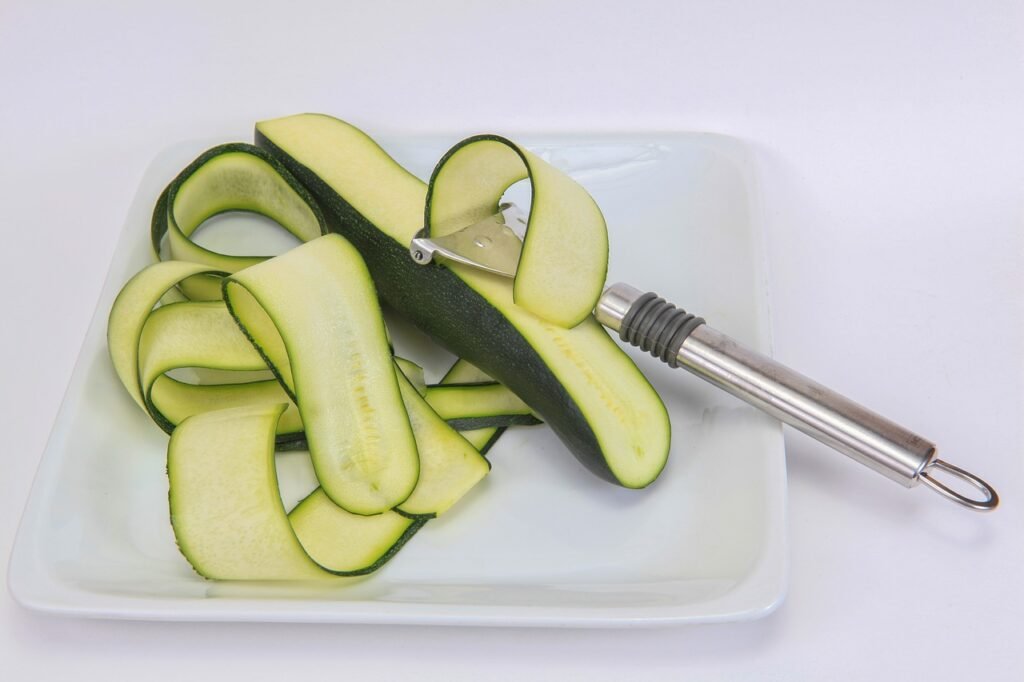
Storage and preservation
If you grow your own, you may have enjoyed the first zucchinis. There are delicious recipes like stuffed, grilled zucchini vegetables, or in a salad. But the plant is still bearing fruit. The fruits stay fresh for about two weeks. Ways to preserve them are drying, pickling and freezing.
What to do with the zucchini?
The vegetable keeps best in a cool place. The refrigerator is rather unsuitable for the sensitivity the Mediterranean vegetable unless you put them unwashed in a bag in the crisper drawer.
Dry them
Cut the vegetable into slices, air dry, or dry on the oven’s baking sheet or wire shelf.
Pickle them
Similar to cucumbers, you can preserve zucchini in a jar. To do this, you put them in a hot brew of water, spices, and herbs in mason jars.
Freeze them
To freeze raw zucchini, you need first sprinkled the washed and chopped vegetables with salt. Let it sit for a few minutes, pour off the water, and freeze the zucchini pieces in freezer-safe containers.
A freezing trick
Diced or slice the vegetable. These or other chopped vegetables usually freeze together to form a large lump, making it difficult to remove them in portions.
You can remedy this by spreading the crunchy vegetables on a baking sheet or cutting board and chilling them in the freezer. After an hour, you can put them into a container for final storage on ice. The trick also works wonderfully with fruit.
Recipes to enjoy and eat more of this healthy vegetable!
Zucchini Breakfast Bars
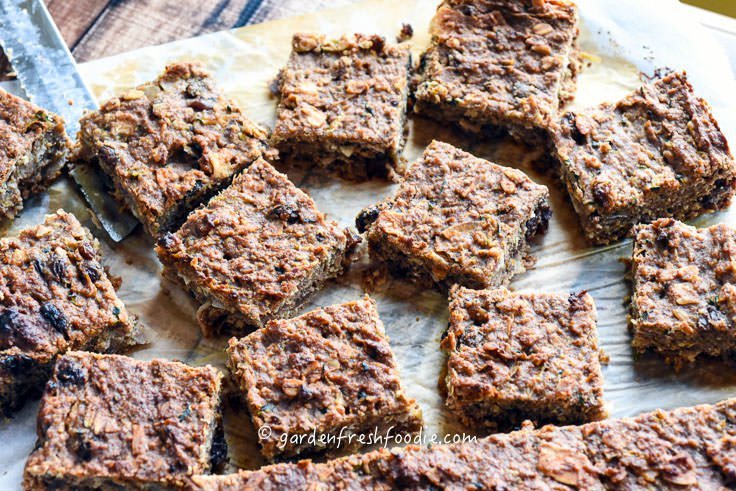
This plant-based recipe for zucchini bars makes a great healthy breakfast or snack. These treats are made with no refined sugar and no oil, and they can be made gluten-free as well
VEGAN ZUCCHINI NOODLES WITH PESTO [VEGAN, GF]
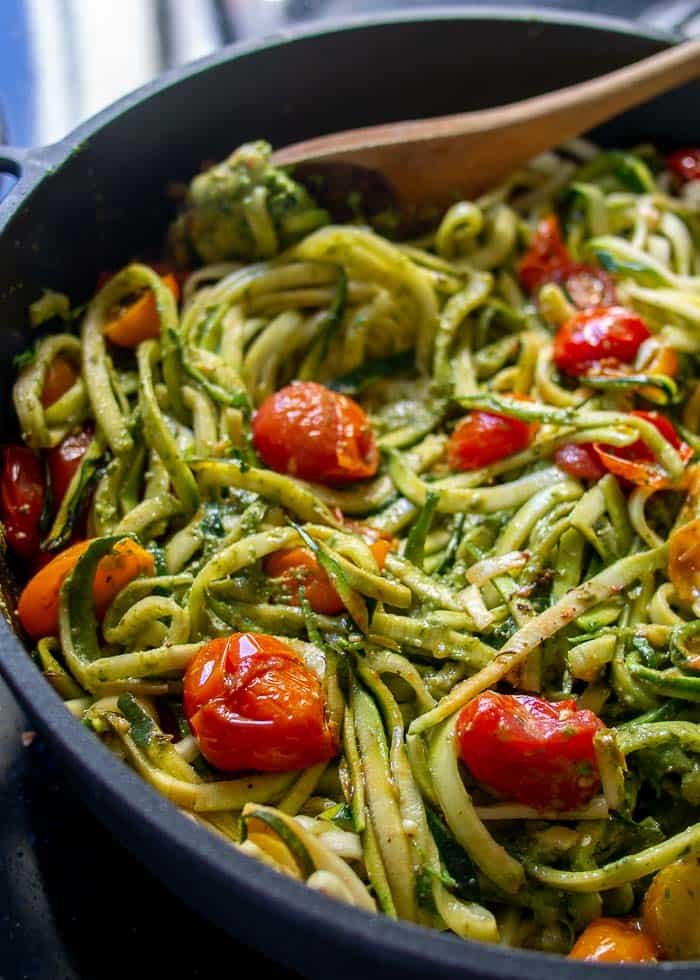
Looking for a simple low carb meal idea that can be whipped up in 15 minutes or less? Look no further. This Vegan Zucchini Noodles with Pesto Recipe is so easy to make and is packed full of wholesome nutritious ingredients.
Vegan Zucchini Fritters (gluten-free, oil-free)
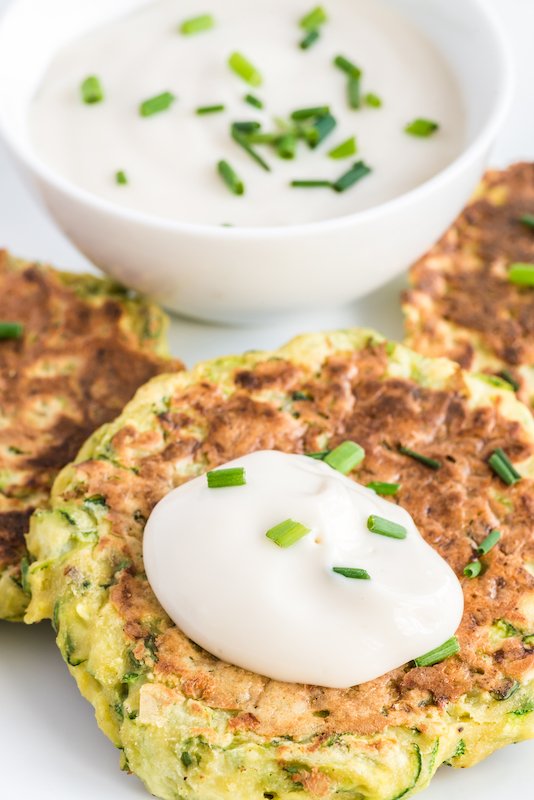
Zucchini fritters are easy to make, and a fabulous way to use seasonal zucchini! This recipe is vegan, gluten-free, nut-free, and oil-free.
Vegan Zucchini Bread
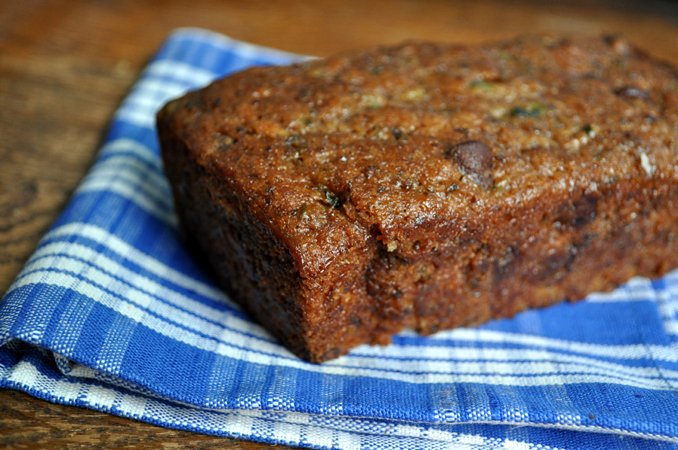
If you have a glut of zucchini this summer, this is a great way to use some up, but it’s also the kind of recipe I feel like eating year-round. It’s spicy — there’s a whole lotta nutmeg and cinnamon — and it just has a great, warm flavor. I love the texture, too; it’s fluffy and moist with a nice crumb.
Lemon Basil Cashew Cream Stuffed Zucchini Blossoms
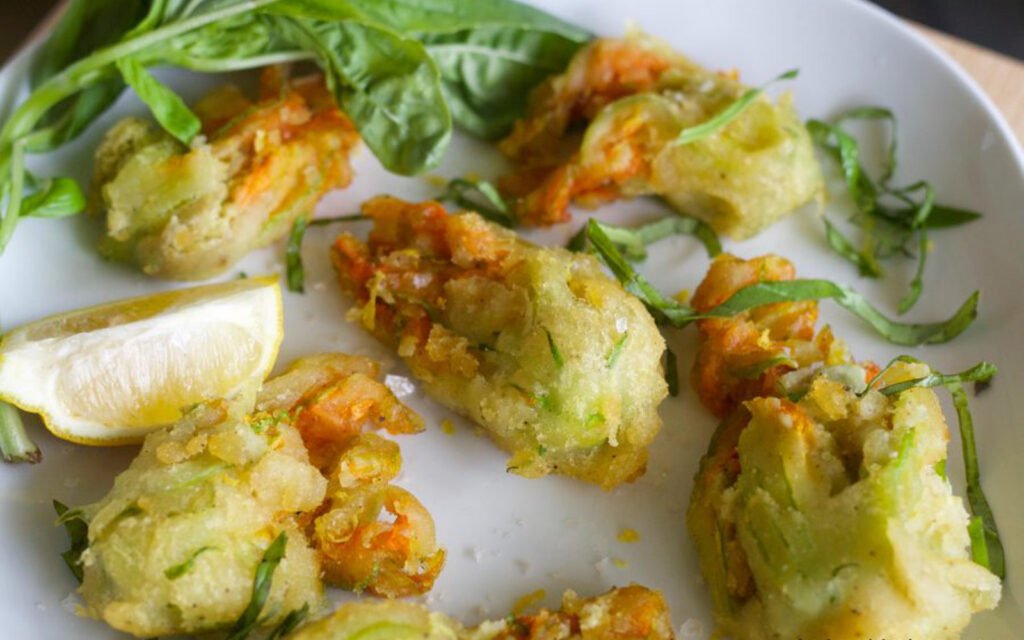
Meet the appetizer that will win every spring party! The blossoms are stuffed with basil-lemon cashew cream and deep-fried until golden brown and crisp.
See also Now Is the Right Time For Delicious Raw Zucchini Recipes
and Don’t Make Zucchini Without Looking At These Vegan Zucchini Recipes





